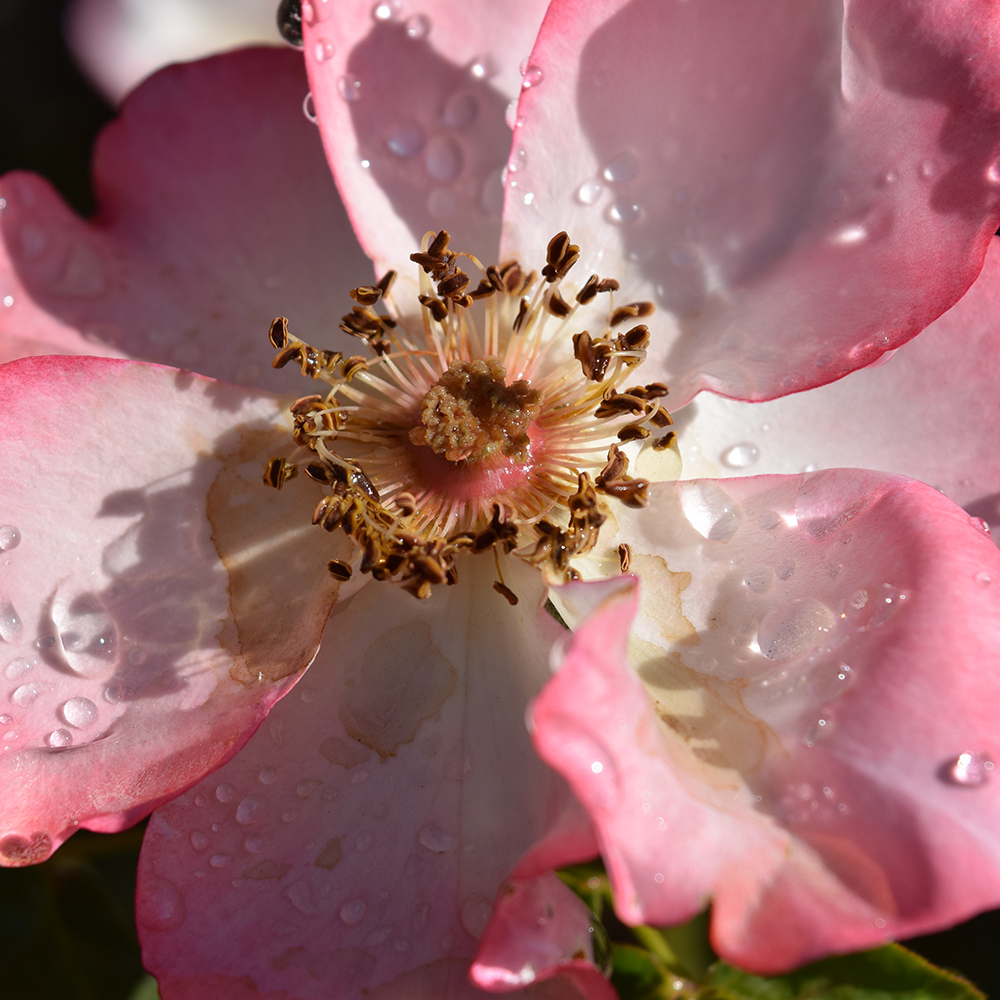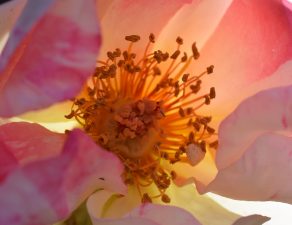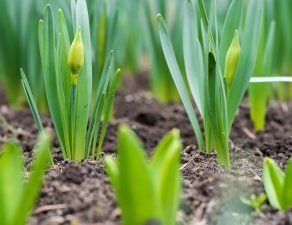
As the old adage says, “an ounce of prevention is worth a pound of cure”. Most of us associate this advice with our own health, but it applies to the health of your garden as well! When it comes to growing roses, research and planning goes a long way toward warding off common problems.
Before planting your roses, choosing the right type of rose for your climate is key to your gardening success. Here in Southern California, we find it helpful to plant rose varieties which are bred specifically to endure drier conditions. Another thing to consider is how much sun your rose bushes require. We have a sunny environment, so roses that enjoy full sun are best unless you plan to plant them in a shady area of your yard.
When it’s time to plant your rose bushes, pay attention to spacing. Larger bushes should be spaced about four feet apart, while three feet is the general rule for smaller, hybrid tea varieties. This prevents a number of problems, such as competition for resources as well as mildew and mold. Be sure to mulch your plants, as this helps the soil retain water and also prevents soil-born disease from spreading to lower leaves. Treating the soil with nitrogen is recommended, but remember that there can be too much of a good thing. An excess of new growth will only encourage aphids to make your garden their new home.
Proper pruning methods also go a long way toward preventing problems. Any mildewed or diseased leaves which fall to the ground should be removed from the garden, as spores from them could still spread to the rest of the plant. Damaged or dead branches invite pests and disease, so these should always be removed.
Finally, educate yourself on the different types of insects you may find in your garden. Contrary to popular belief, not all insects are pests! Spraying insecticides any time you spot bugs can actually do more harm than good. Some insects, like ladybugs, green lacewings, and even wasps, are natural predators of garden pests like aphids and caterpillars. In this case, nature provides a balance that is beneficial, so learn to recognize and make friends with these little garden helpers.








Write a comment: